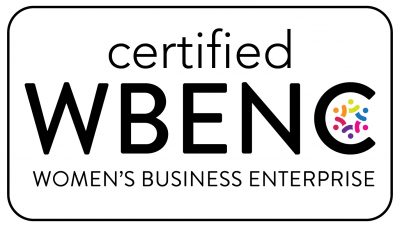Automotive manufacturing always looks for innovative ideas to become more efficient and reliable. Plastic injection molding has helped this industry advance and design durable, precise parts for small to large vehicles. Due to its capabilities, this process is better than other manufacturing techniques to create high-quality, long-lasting products.
Precision Engineering
With plastic injection molds, it’s possible to produce the most complex parts with unmatched accuracy. The molds for the automotive industry are engineered with the utmost detail, ensuring that every part is better than the prototype and meets standards consistently. This level of reliability and consistency reduces the need for manual adjustments and post-production fine-tuning.
Durable & Tailor-Made
Through refined injection molding techniques and the use of quality materials, plastic parts have become highly durable and long-lasting. High-stress components such as gears and pulleys are now manufactured using molds, allowing the builder to develop blends and hybrids with different specifications. This resilience and custom opportunities can significantly reduce a vehicle’s weight and require fewer replacements after years of use.
Efficiency
In the modern automotive industry, efficiency is imperative for companies and their customers who are interested in the mass production of quality parts. Injection molders have significantly shortened lead times, allowing manufacturers to respond quickly to market demands and technological advancements. Streamlining production also reduces waste and saves time, resulting in sustainable techniques.


